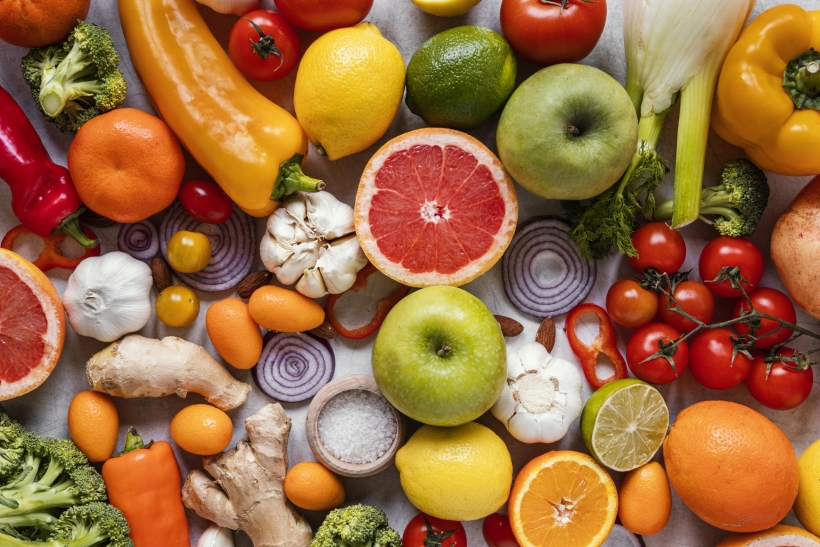Nutritional genomics is the study of food and how it directly and or indirectly impacts our genes and how individual genetic differences may compromise or improve the way we intake nutrients from what we eat. It’s recently been rising in popularity due to potential in preventing, impeding, and or treating certain chronic illnesses, and even certain cancers through small but specific dietary changes.
These are the specifications of Nutrigenomics and Nutrigenetics Course:
| 1. Awarding Institution / Body: | |
| 2. Teaching Institution: | Online and distance learning, with tutor support |
| 3. Programme Accredited by: | |
| 4. Final Award: | Compulsory course for the Bachelors in Naturopathy and Holistic Medicine degree |
| 5. Programme title: | Nutrigenomics and Nutrigenetics |
| 6. Course Code and level: | BNHM6023 – Bachelor Level |
| 7. Duration of programme: | One trimester or 12 weeks |
| 8. Total number of study hours: | Equivalent to 8 US credits or 75 clock hours of study |
| 9. Enrollment requirements: | Students enrolled for the Bachelor’s in Naturopathy and Holistic Medicine degree |
| 10. Enrollment date: | Bachelor’s students enroll for this course in the third year, third semester |
| 11. Fees: |
This new branch of genomic study can be summarized by the following five tenets of nutrigenomics:
- Diet can either be a direct or indirect risk factor for certain diseases for certain individuals in certain situations.
- Some common dietary chemicals may either directly or indirectly alter gene structure or expression.
- An individual’s genetic makeup may affect a diet’s influence on diseases and overall health.
- Diet-regulated genes and their common variants are also likely to play a role in the onset, incidence, progression, and/or severity of chronic illnesses.
- Dietary interventions based on knowledge of nutritional requirements, nutritional status, and genotype can be used in the prevention, mitigation, or as a cure for chronic illnesses.
